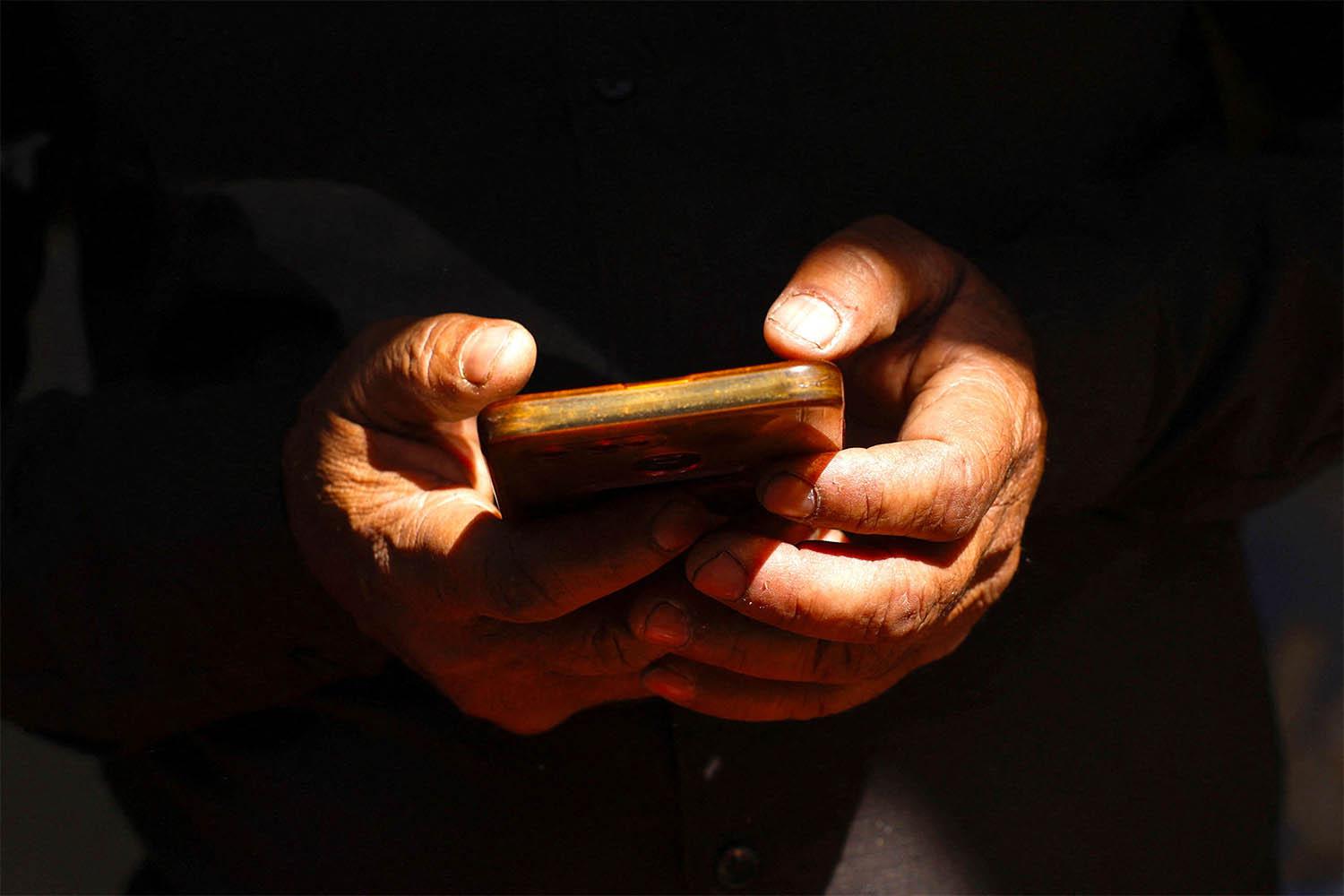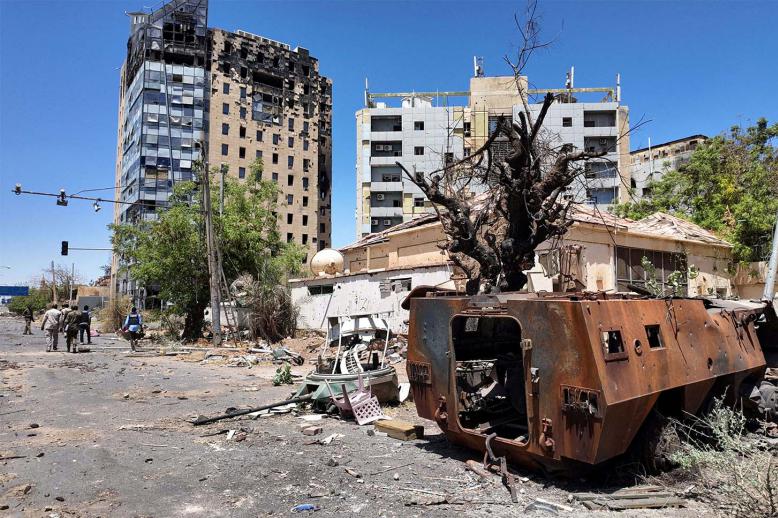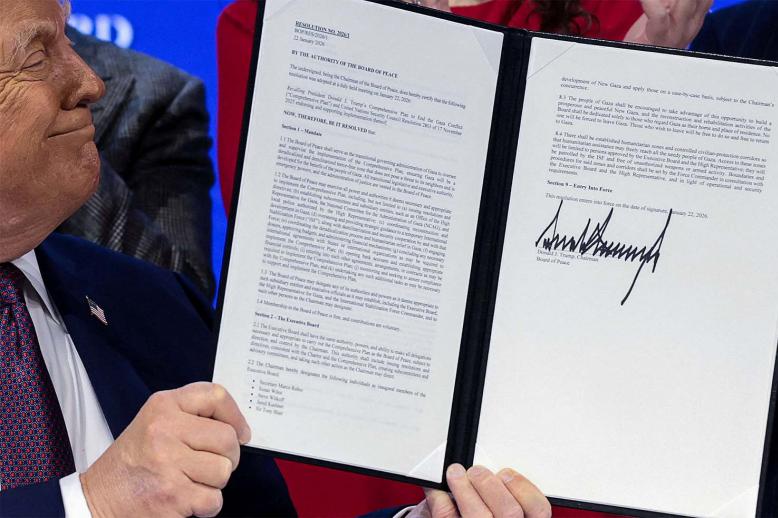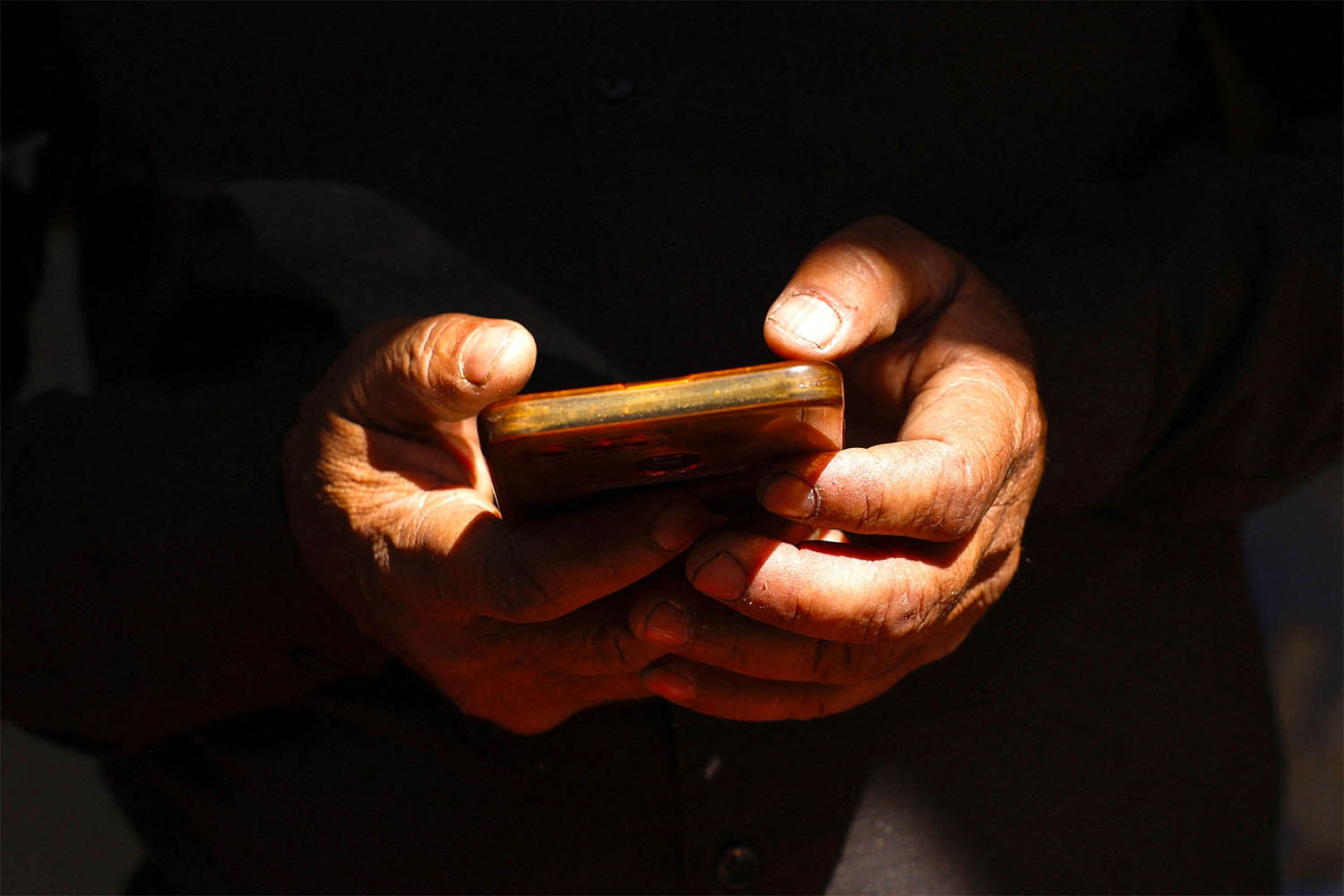Repeating old journalistic mistakes in the digital age
This occurred during a time of complete journalistic collapse. Not only was there a shortage of paper and ink, but there was also a dearth of ideas. This devastating slumber affected everything in the country, leaving it weak and emaciated. Newspapers became brief, unhelpful bulletins that were no longer sufficient to cover even the news about the president and ministers, no matter how insignificant it was to people starving in the streets.
In the 1990s, while the rest of the world was entering a new digital era, Iraq was living under a blind siege. There was no place for journalism that had not yet embraced the computer age.
Journalism that could not craft ideas for life could not survive in a country where death was certain and hunger was widespread. It wasn’t just the people waiting for their demise; the language itself had dried up. Journalists resorted to silence in the face of global injustice, while others cheered on defeat as though it were victory.
I recall the painful scenes Iraq experienced more than three decades ago. Today, this shallowness manifests itself in the form of noisy media, buffoonery, journalistic chaos and meaningless writing that defends killers, militias, corrupt governments and failed states.
There is a deliberate recreation of old journalistic mistakes, as if we were outside the digital era. This means errors will be exposed more than they should, provoking public outrage as they can no longer be hidden from the smartphone generation.
As the nature of discourse in the Arab media today is almost identical to that of thirty years ago, I will revisit an incident from that time which is being repeated today, without any sense of shame, in both written articles and the continuous absurdities of well-known media figures on social media.
Back then, a highly important journalist, who was managing editor of the state newspaper, presented himself in the lowest form of desperation when he wrote an article on behalf of his wife, complaining about their poverty and the dire conditions caused by the siege. The family was starving and had nothing to fill their bellies, let alone meet other essential needs such as clothing. Hunger was a daily concern for Iraqis at the time.
The 'desperate journalist' excelled at writing the article in his wife's voice. At the right moment, he replied to her complaint with a corrupt exaggeration that demeaned them both, blaming his wife for complaining about the hardships of life when there was a great and inspiring leader whose job it was to feed the hungry and embrace the poor during the country's struggle. He scolded his wife for complaining, promising her that 'good things' would come from a compassionate father — the 'president and leader' — tomorrow morning. He wrote this article in the hope that the president would read it and reward him with money.
The unexpected surprise came from the president himself, offering a lesson to any journalist who compromises their values. He commented on the newspaper article in blue pen, encircling the piece with mocking, circular lines and directing his words to the state newspaper: 'Doesn’t your managing editor feel ashamed to beg publicly?'
The managing editor, who had been one of the journalist’s key allies, took the most embarrassing action after seeing the president’s comment on the front-page article he was in charge of. He decided to make the situation even more scandalous by having multiple copies of the comment photographed and distributed across all the newspaper's departments so that everyone could see the disgrace. He also posted a permanent copy on the bulletin board, which editors and staff passed by every day.
To me, this story is one of the most famous cases of journalistic desperation in contemporary media. While it could be argued that it happened during a difficult time when dignity collapsed under the weight of necessity, it will always serve as a reminder of the lengths journalists will go to in their desperation. Unfortunately, such articles are far too common today.
Similarly, amid political chaos and government control of the media, we have witnessed disgraceful examples of journalistic desperation and blatant lies presented as facts in articles that are not even remotely ashamed of themselves. It is as though they are inspired by the story of the journalist begging the president for mercy. Now, however, the idea of seeking truth is absent, and journalists “sell their journalistic services” in a striking manner. In return, there is a daily stream of nonsense and media chaos that praises religious figures and militia leaders who shamelessly assume the positions of lords of death.
In his book Breaking News, Alan Rusbridger, former editor-in-chief of The Guardian, suggests that journalists should rid themselves of the role of cheerleaders for a team that is always losing while its supporters continue to cheer. 'No one loves us; we don’t care.'
If journalism is a public service to some extent, then journalists must understand the spirit of public service, which adds value to society without necessarily generating direct financial returns. This means thinking about journalism in the same way as a police officer, ambulance driver or firefighter. As a citizen, you expect these services to be efficient, but you don't expect them to be justified based on profit.
However, even though Rusbridger lives in a democracy with many checks and balances to prevent powerful individuals from acting corruptly, he admits that, as a British journalist, he once doubted the validity of this. This prompts us to compare Rusbridger's experience with that of a journalist in the Arab world.
The brilliant British journalist Suzanne Moore had previously called on journalists to abandon the 'idea of hesitation' in such matters. The world is engaged in a battle over information, and journalists are not exempt from this conflict. The truth exists, yet people are still falling for lies due to the continuous and escalating spread of falsehoods.
Karam Nama is a writer and journalist based in London







